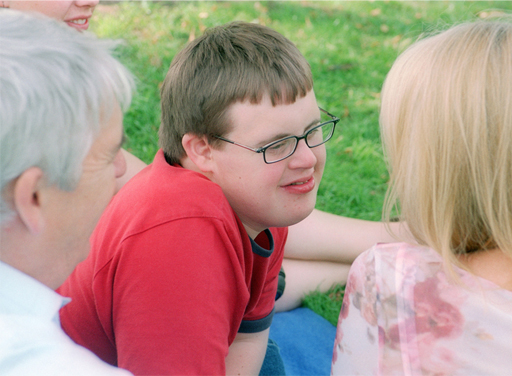2.1 Living different lives
The Equality Act 2010 made it unlawful to discriminate against disabled people and their carers. However, the law alone cannot solve the problem of stigma and discrimination.

The reality for many parents and other family carers where people have severe learning disabilities is that, as the child grows up, the distance between them and their peers grows. Their children often do not:
- leave home to get a job, go to University or travel
- set up their own household
- set up home with a partner.
If their son or daughter continues to live at home, carers, usually mothers, may give up work due to the difficulties of finding reliable respite care, or the need to meet their medical needs. This can lead to financial difficulty, poverty and isolation.
Some family carers report health problems due to stress and, in some cases, the sheer hard physical work of moving and providing personal care for their relative.
Parents and sometimes siblings can also find that their main social role is as a carer, which then sets them apart from their peers and contemporaries too.
